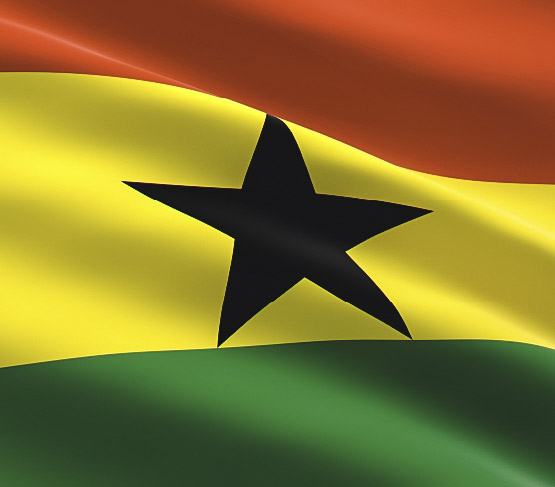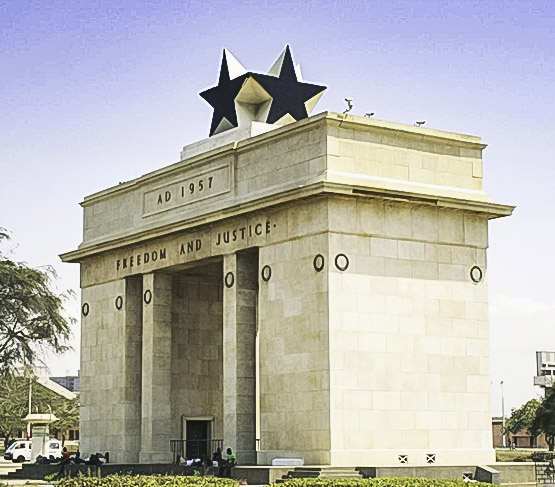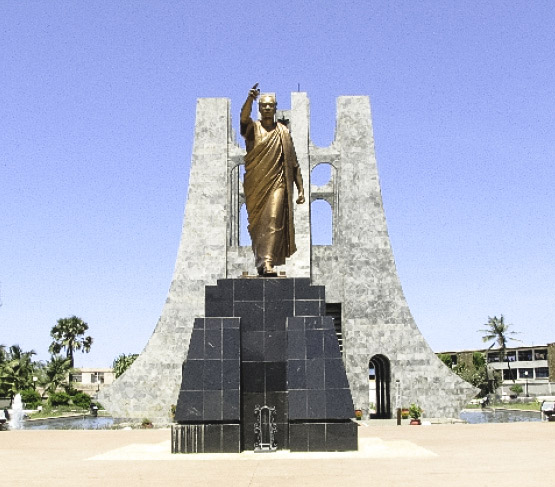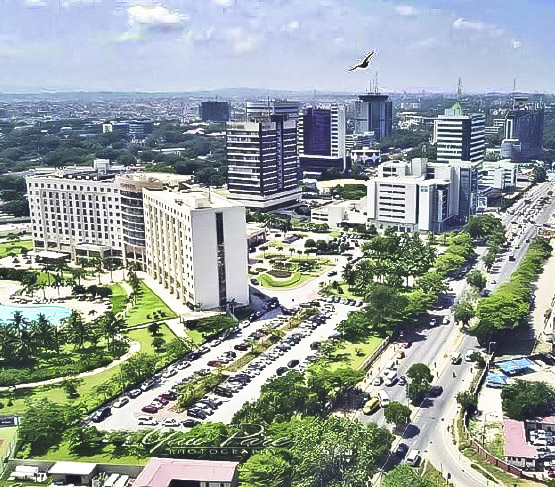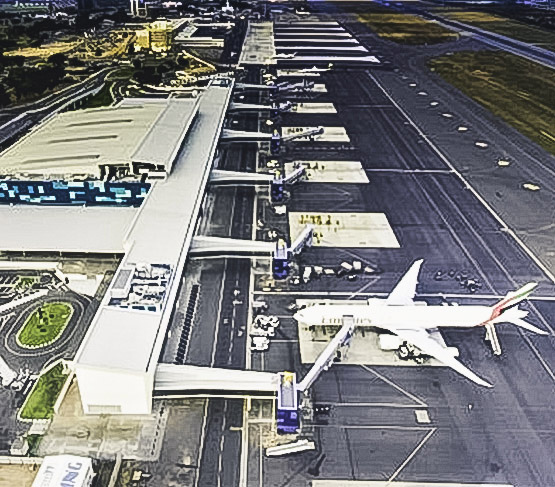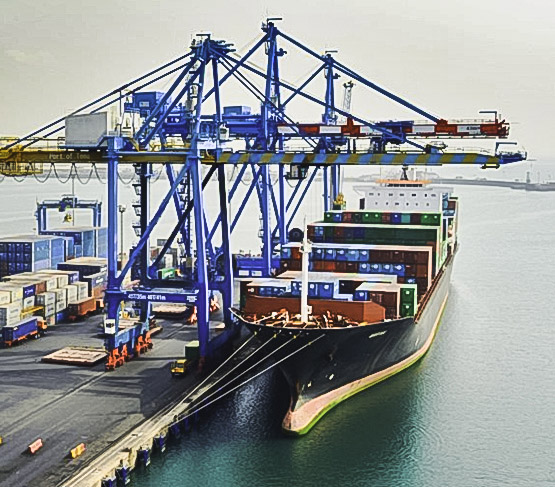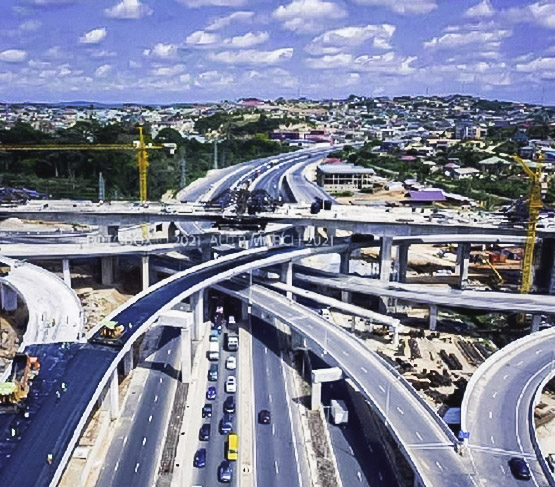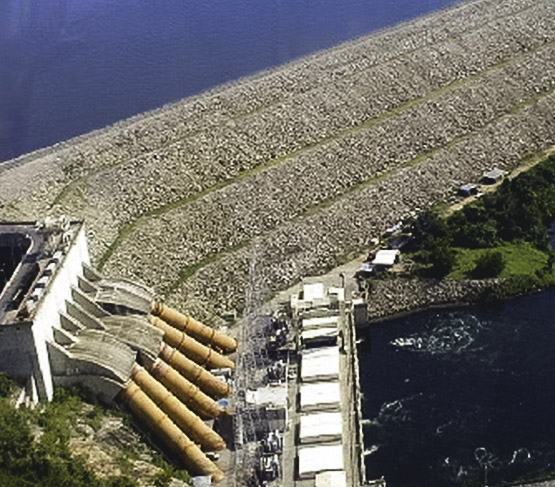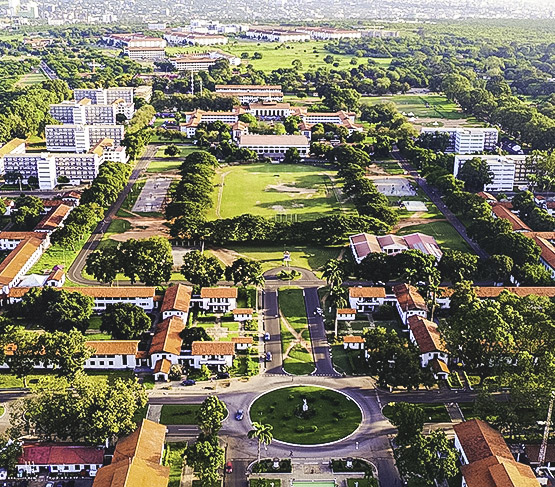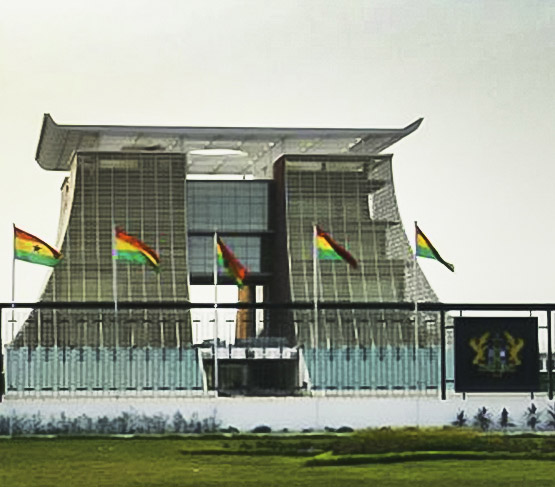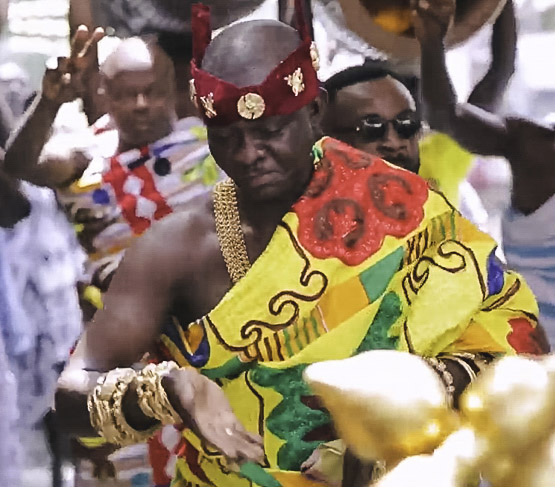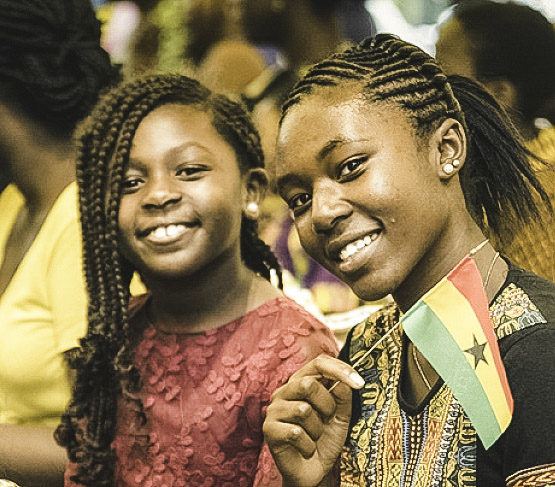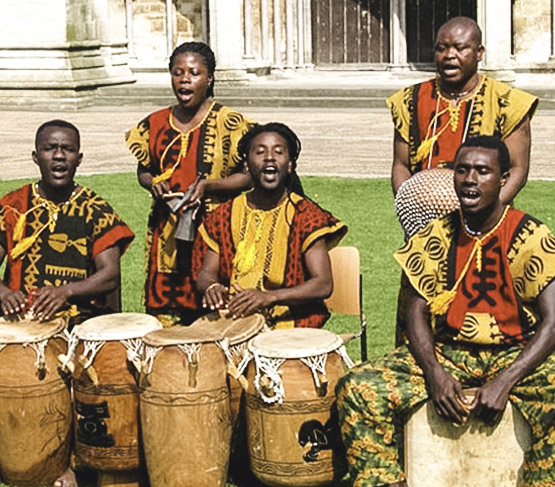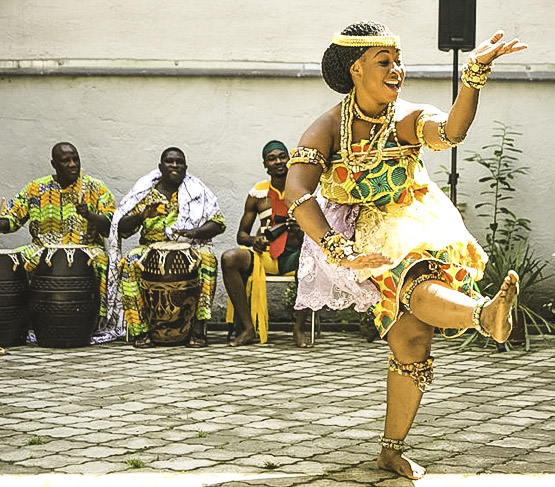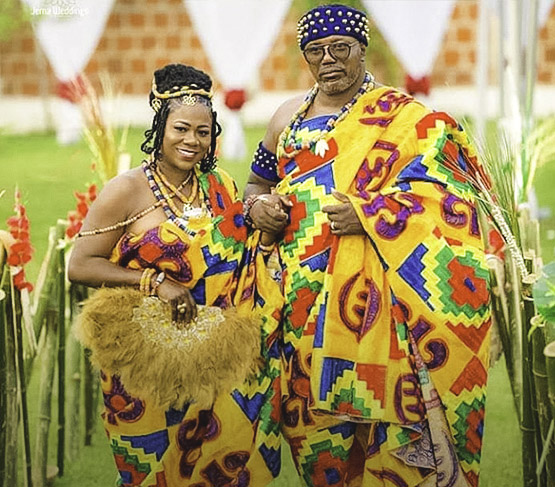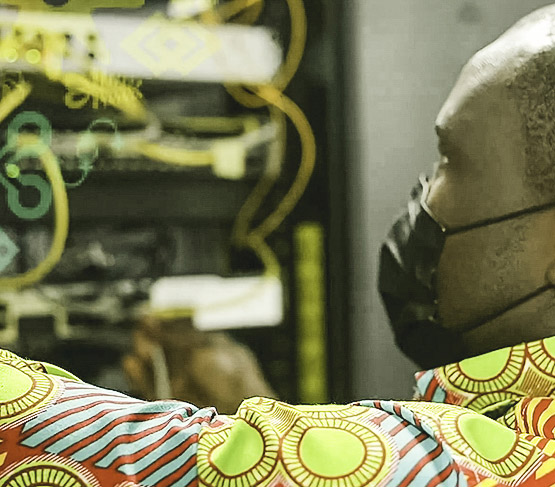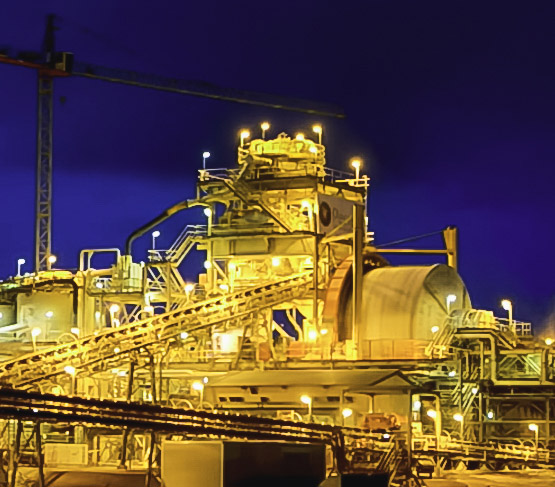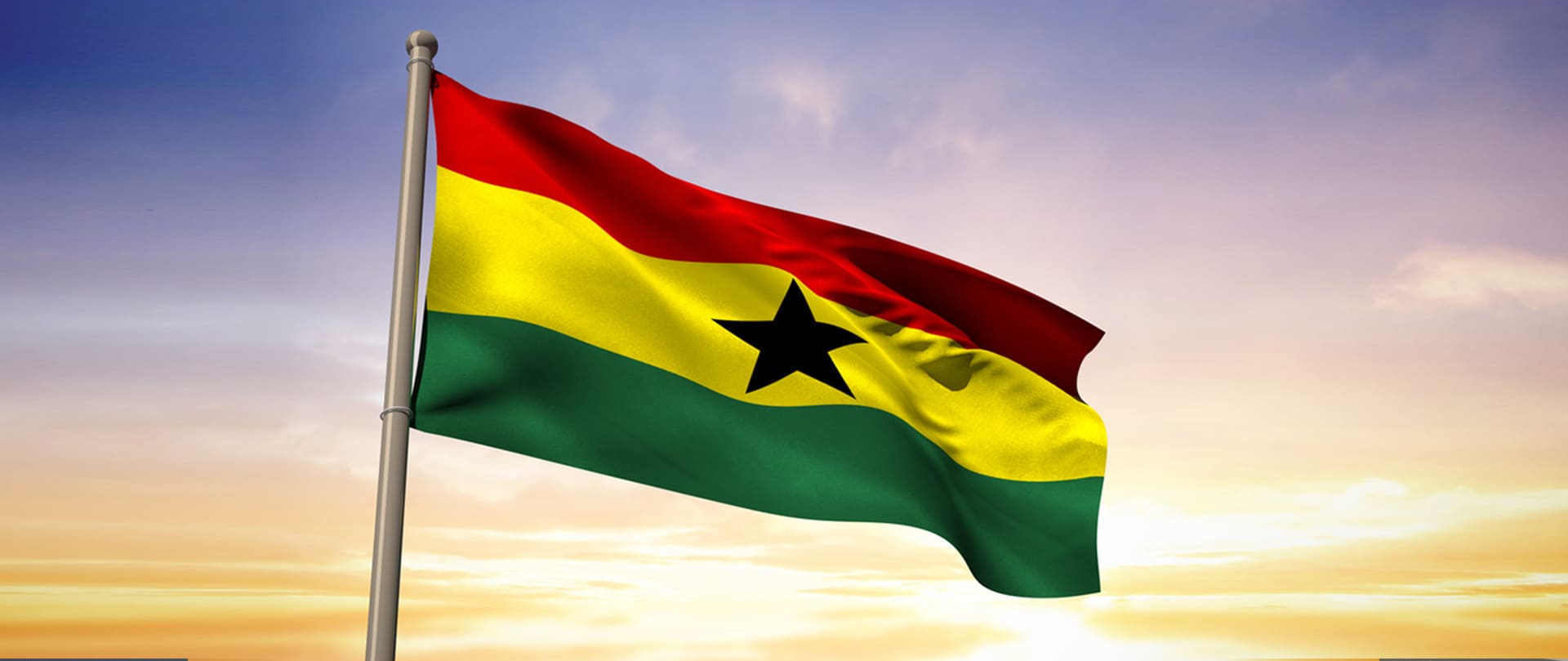- 1st Floor, Hennessy Tower Building Lot 26,23B, Pope Hennessy Street Port Louis, Mauritius
- (+ 230) 214 3326
- portlouis@mfa.gov.gh


Ghana
Ghana is bounded on the north by Burkina Faso, on the east by Togo, on the west by Cote d'Ivoire and on the south by the Atlantic Ocean.
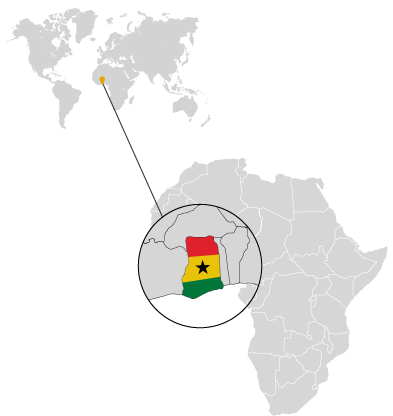
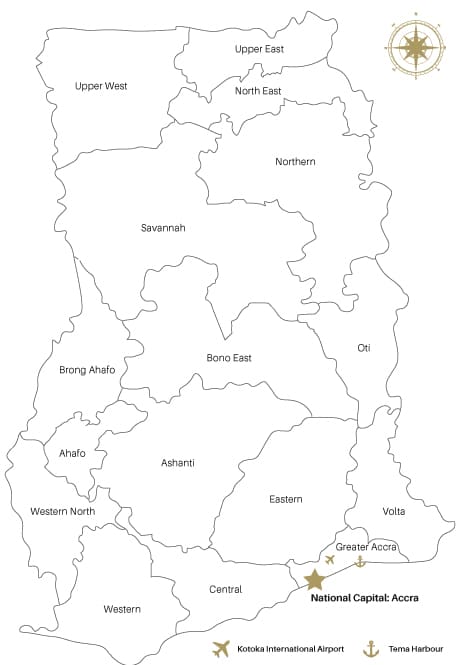
The land rich in culture, heritage, warmth,
rhythm and innovation
Ghana has a tropical climate, characterized most of the year by moderate temperatures, sunshine and constant breezes.
- Coordinates:5°33′N 0°12′W
Location
- Independence Day: 6 March 1957
- Creation Of Republic: 1 July 1960
- Form Of Government: Presidential Democracy
Governmental
- Official Language: English
- Currency: The Ghanian Cedi
- GDP Growth Projection
for 2019: 7.6% (World Bank)
Economy
- Area Size: 238537 km²
- Climate: Tropical
- Time: Greenwich Mean Time (GMT)
Land
- Capital: Accra
- Harbour: Tema Harbour
- Airport: KOTOKA International Airport
Logistics
- Population Size: 30 Million
- Religion: Christian (71%), Muslim (17%)
- Average Population Density: 55.5/sq km
Population
People of Ghana
Rich in ethnicities
The people are warm and friendly. They are polite, generally open and embracing. In Ghanaian society, people are said to be more important than blindly stringent schedules.
- Population Size: 30 Million
- Population Growth: 2.2% Annual Growth
Population
- Fertility Rate: 3.87 births per woman
- Average Life Expectancy: 63.78 years
Life Expectancy
- Official & Business Language: English
- Ghanaian Language: Fante, Akuapem Twi, Asante Twi, Ewe, Dagaare, Dagbani, Dangme, Ga, Gonja, Kasem, Nzema
Language
Economy of Ghana
Land of growth
Ghana has attracted the attention of well-known international businesses, investing in all sectors of our economy. All these investors have come to Ghana because we have a wonderful conducive social, political and economic environment in which they can invest, grow and be successful. Endowed with significant natural resources, our country is committed to improving its physical infrastructure.
Land of investments
Sectors
- Ghana produces cacao (2nd largest producer in the world), pineapples, cashew, shea butter, timber, bananas, mangoes, papaya, avocado etc.
Agriculture
- Include Gold (2020 largest producer in Africa), diamonds (mainly industrial grade), bauxite (aluminum), iron etc.
Minerals
- AGOA, proximity to the US.
Textiles & Garments

GIPC(Ghana Investment Promotion Centre)


